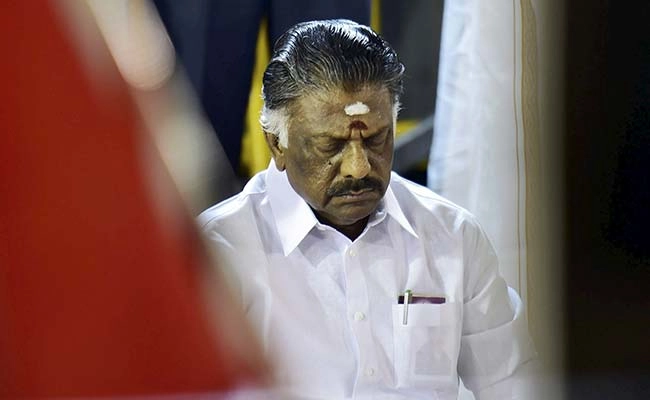O. Panneerselvam, commonly referred to as OPS, has made headlines with his recent decision to resign from the Bharatiya Janata Party (BJP) alliance, a move that has significant implications for the political landscape in Tamil Nadu. As a three-time Chief Minister of the state and a prominent figure in the Dravida Munnetra Kazhagam (DMK) party, OPS’s departure from the BJP alliance signals a potential shift in political dynamics not only for his own party but also for the broader coalition politics within the region. His exit raises questions about the future of the BJP’s influence in Tamil Nadu, a state where regional parties have historically dominated.
OPS’s resignation can be seen as a response to increasing discontent among his supporters and party members regarding the BJP’s policies and governance style. Many within the Tamil Nadu political sphere believe that the alliance has not adequately addressed the unique needs and aspirations of the state’s people. By stepping away from the BJP, OPS is likely attempting to re-establish his political identity and reconnect with the grassroots sentiments of Tamil Nadu’s electorate, which has a rich history of prioritizing regional issues over national narratives. This move could potentially lead to a realignment of political forces in the state, as other leaders may follow suit or reassess their alliances based on OPS’s bold decision.
The implications of OPS’s resignation extend beyond party politics; they resonate deeply with the electorate. His departure may invigorate his supporters and those who feel marginalized by the BJP’s approach. As the political climate evolves, OPS’s next steps will be closely scrutinized, especially in the context of upcoming elections. His experience as a seasoned politician could play a crucial role in shaping the future of the opposition in Tamil Nadu, potentially paving the way for a renewed focus on local governance and regional issues that resonate with the populace. Ultimately, OPS’s decision not only reflects his personal political aspirations but also highlights the ongoing struggle for power and representation in Tamil Nadu’s complex political landscape.




